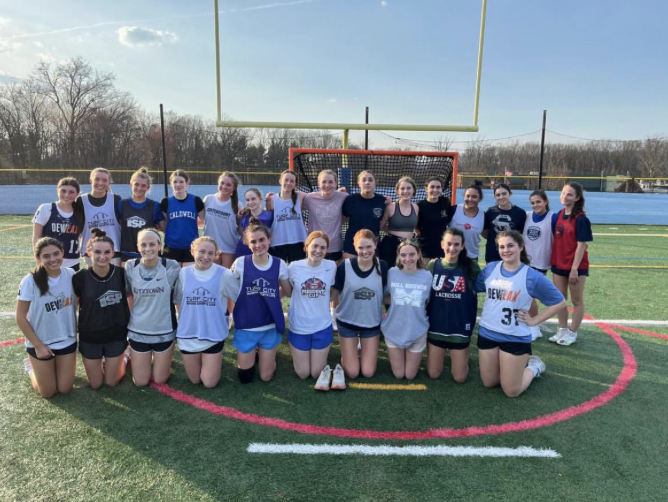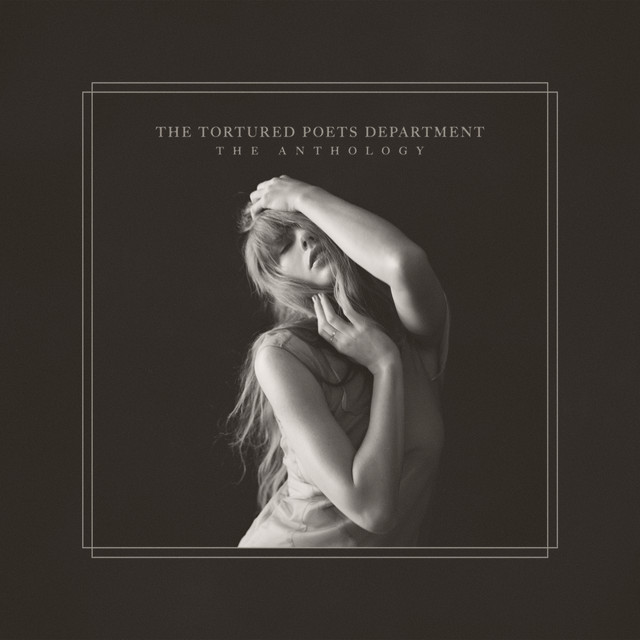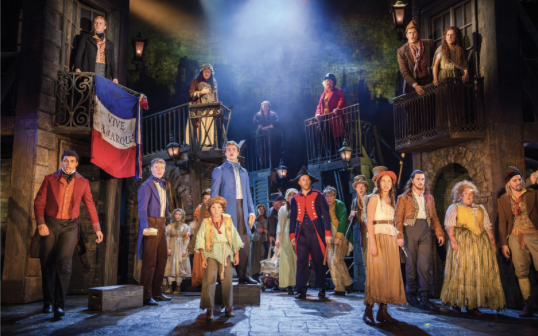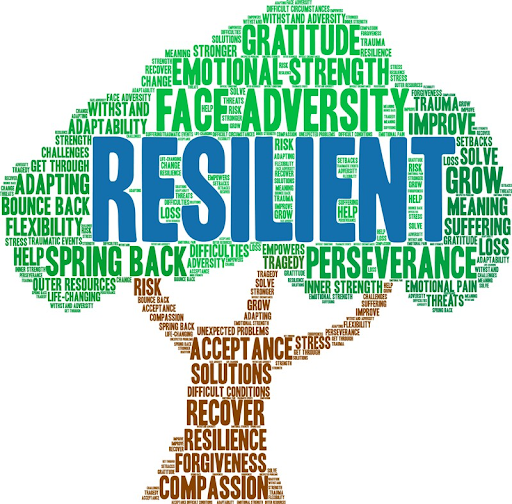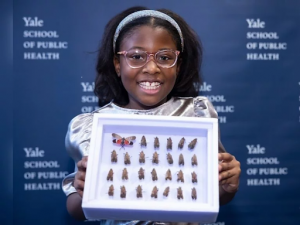You’re seven years old on the playground when you’re told the boy from your class kicked dirt in your face because he has a crush on you. You can taste the grime and your knees are blooded and bashed from when he pushed you – but don’t you worry: it’s okay, because someone must’ve found you desirable! So congratulations. You should be flattered! It’s your first step on your journey towards womanhood: a road paved with unheard whispers on deaf ears, double standards, and a long list of excuses that reach as far as you can see.
You’re thirteen when you go to see your first PG-13 movie. You know the one: that classic film with the brooding, archetypically tortured male and his quirky female counterpart; the one whom is more like an extension of his own imagination and purpose rather than a person of her own. You don’t know why your friends awe over the climactic moment where he kisses her angrily, even when she’s told him not to, but you croon too, because that’s what romance is to you now.
You’re fifteen when your best friend confesses that the boy from her English class whom she doesn’t like “won’t take no for an answer” when he invites her to prom. The rest of your friends sigh and wonder why they can’t ever meet a boy like that. Now you’ve met a boy that you like, but when he tries to kiss you and you don’t want him to, it’s not like how it is in the movies. It’s messy and it’s uncomfortable, but most of all, it’s frightening. You wonder why your friends ever wanted to feel this way. You wonder why you ever wanted to feel this way.
Why do we teach our girls to romanticize these abusive actions? When an unwanted sexual advance is made, it’s not beautiful, nor is it thoughtful or passionate: it is harassment. It is a glorification and a normalization of abuse made mainstream through its ubiquity in the media, where young girls are taught from birth that boys only display affection through abuse. When we tell our seven-year-old daughters, crying and heartbroken because the boy on the playground called her a bad word, “boys will be boys,” we excuse these actions, and therefore passively condone them. We do both boys and girls a great injustice when that one platitude slips our lips, as parents, teachers, and students alike. We enforce that boys can get away with acts of cruelty because they are simply behaving in a traditionally masculine way, and furthermore, that this is the only way they can be expected to act.
And though this issue obviously stems across all genders, girls are often the ones who face the brunt of this harmful ideology. When we teach young girls that this is what romance is, or that this is what we must to aspire to, we teach them that it is okay to be submissive; we teach them that it is wrong to find fault in abuse, while what we should be teaching them is precisely the opposite. We need to teach them to be critical, to be understanding, and to maintain a healthy skepticism when this kind of glorification of romance is made apparent. We need to teach people, regardless of whatever gender they identify as, to treat each other with mutual respect and support. Because the sooner we start admitting that this is a problem, the sooner we can find a solution and put this outdated notion of romance that the media still maintains to rest for good.









